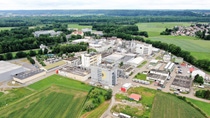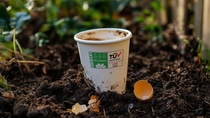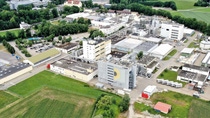
Joint News Release: BASF and Louis Dreyfus Company Complete Sale and Purchase Transaction for BASF’s Food and Health Performance Ingredients Business
Illertissen, Germany, and Rotterdam, the Netherlands, September 30, 2025 – BASF and Louis Dreyfus Company (LDC) announced today the successful completion of the sale of BASF’s Food and Health Performance Ingredients Business, previously part of BASF’s Nutrition & Health division, to Louis Dreyfus Company (LDC), following approval by the relevant authorities




